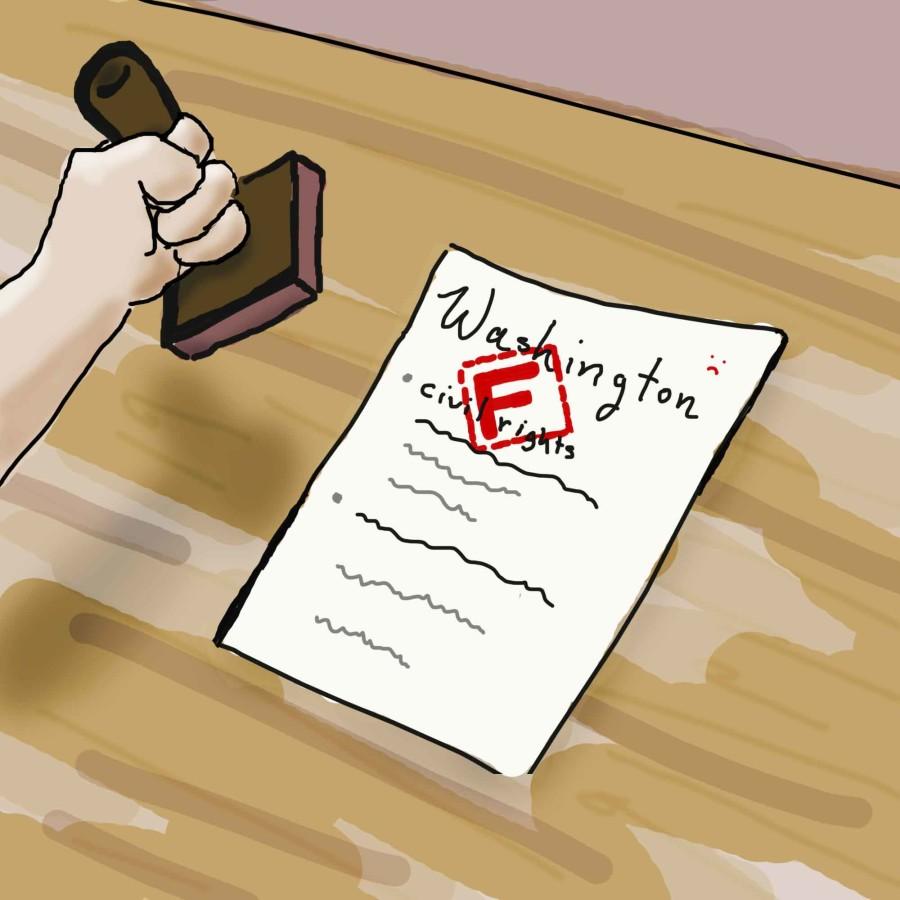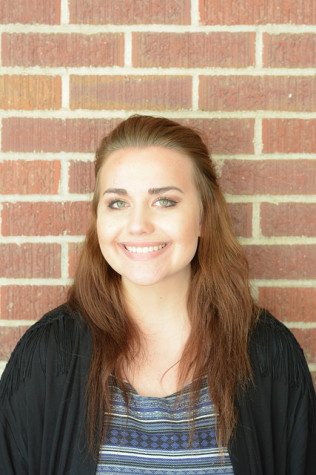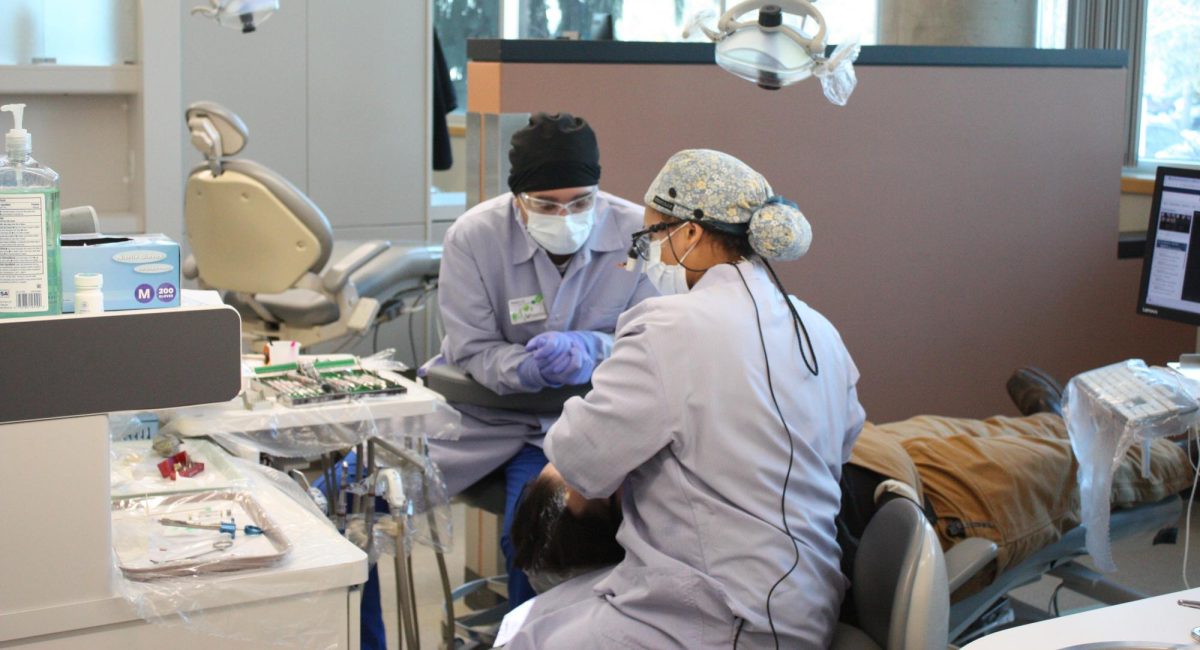Teaching the Movement urges change in civil rights education
January 25, 2015
In 2011, Washington state received a bad grade on its report card. A report published by the Southern Poverty Law Center gave Washington State an “F “on its civil rights history education curriculum for grades K-12.
This prompted Noah Leavitt, Associate Dean of Students, Social Engagement, from Whitman College to contact educational consultant Kate Shuster, Ph.D., in order to collaborate and find a way to change how the educational system addresses civil rights history. Together they created Teaching the Movement as a response for the solution. It is a program that prepares college students to teach civil rights history in local elementary school classrooms.
Shuster is set to present a lecture on civil rights movement education titled, “What Do You Know About the Civil Rights Movement?” on Jan. 21 in Showalter Auditorium at 11 a.m. The event is sponsored by the Office of Community Engagement, Africana Education and Student Activities Involvement and Leadership.
According to Molly Ayers, director of community engagement at EWU, Shuster is visiting EWU primarily to meet with EWU staff, faculty and students to discuss the potential development of a Teaching the Movement Project here at Eastern. She will meet with a workgroup made up of EWU staff, faculty and students and local school district administrators (Cheney and West Valley) to discuss the current program she has developed with Whitman College – Whitman Teaches the Movement.
“We are assessing the interest of our colleagues and district partners in the model and the possibility of developing a similar program here at EWU with local school districts,” said Ayers.
Ayers said the program recruits, trains and places 100 college students in second, fifth, seventh and 11th grade classrooms in Whitman and Dayton Public Schools to teach one-hour lessons on civil rights. Student pairs may teach one lesson or more throughout January and February.
“Most people, if they think about the civil rights movement, remember two things: first, that Martin Luther King had a dream and second, Rosa Parks refusing to get off the bus,” said Shuster.
Shuster said a majority of people’s knowledge regarding civil rights history includes a few major figures and events, yet lacks in deeper knowledge of other forces, facets and faces which worked together to further the movement in history.
This lack of understanding and education is why Teaching the Movement is spreading to various campuses. Several universities, such as Whitworth and EWU, have expressed interest in implementing the program to give undergraduates a chance to learn the curriculum and then pass it down to a group of children.
“If we can get enough EWU students interested in becoming those future teachers of civil rights in the classrooms, it’d be a great program for our students,” said LaToya Brackett, Ph.D., Africana Coordinator at EWU. “The students who would be teaching in the school would be learning information. It’s two-fold.”
Shuster stresses that most students are merely taught a sanitized and simplified version of the movement.
“Any time we study social movements, we shouldn’t simply be studying them as social artifacts, but as possible templates for future change,” said Shuster.
She draws parallels from present day inequalities to the civil rights history, claiming the civil rights movement is not over.
“If you want to know about Ferguson, … if you want to know why there continue to be, in America, disparities among race and class, you have to study the civil rights movement. If it’s over, why are black men still being incarcerated at a rate that’s three times that of a white man?” said Shuster. “These systemic inequalities persist, and I think it’s important to not only look at it as a collective achievement that happened at great odds and great expense, but also an imperative to continue to push forward for the cause of equality.”
Shuster hopes the lecture will give students an opportunity to become involved in furthering equality through education.
Shuster has authored “Teaching the Movement: The State of Civil Rights Education,” and continues her research and educational consulting for various institutions.
“We are truly honored to host her at EWU and hope this is the beginning of an emerging partnership between EWU, local school districts and the Southern Poverty Law Center,” said Ayers.









